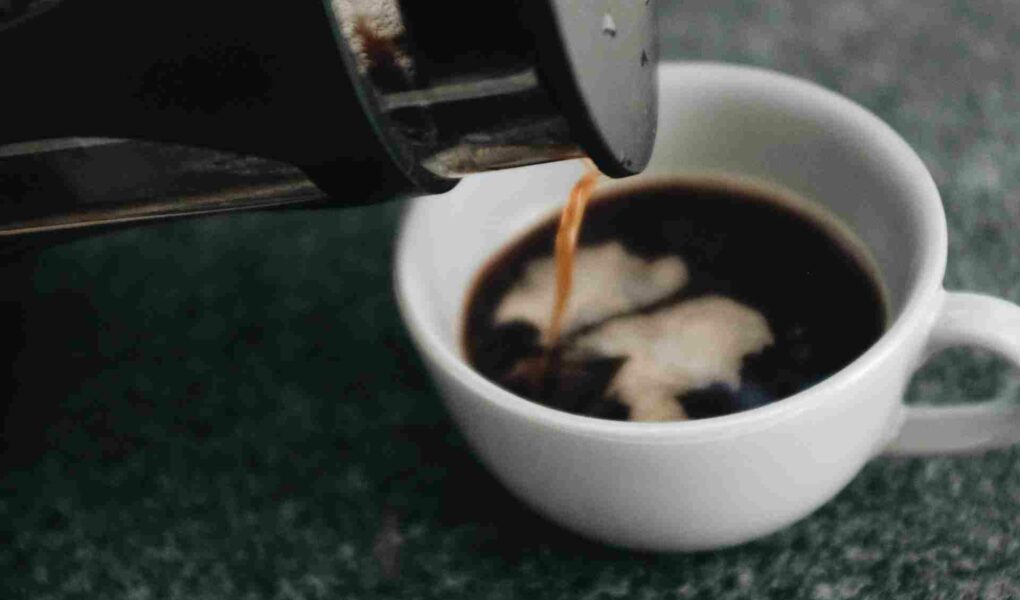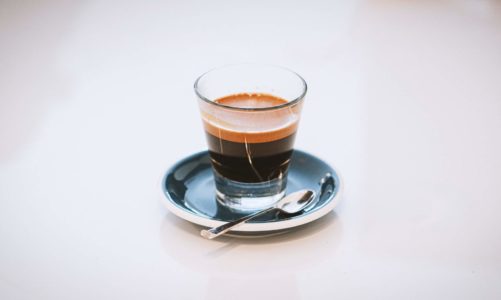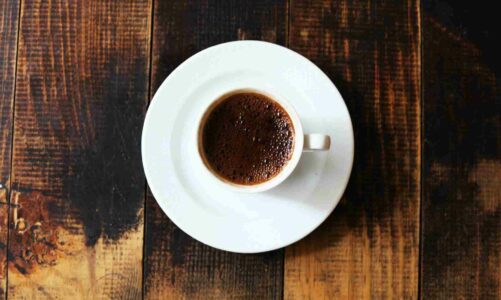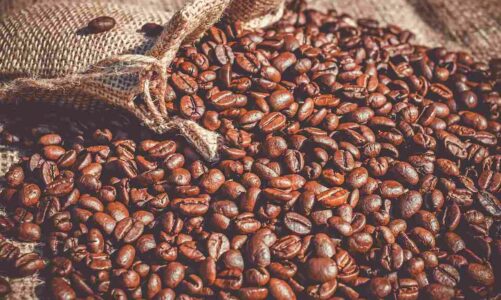Do you find yourself eagerly waiting for your morning coffee to brew, only to be met with a disappointing bitter taste? You’re not alone. Bitter coffee is a common result for many who choose to brew at home and it can even be enough to put people off of coffee for life. If your coffee tastes bitter, it could be down to many factors; brewing process, water temperature, beans, and more.
Why Does Coffee Taste Bitter?
Coffee can taste bitter due to stale beans, wrong grind size, over-extraction of grounds, wrong water temperature, and even dirty coffee equipment. There are many stages to brewing the perfect cup of coffee and they must be followed perfectly to avoid a bitter-tasting brew.
Here’s a quick summary:
- Type of coffee beans or stale coffee beans
- Inconsistent grind size
- Poor coffee ratio
- Over extracting coffee
- Poor water quality
- Incorrect water temperature
- Dirty coffee equipment
Coffee Beans You Use
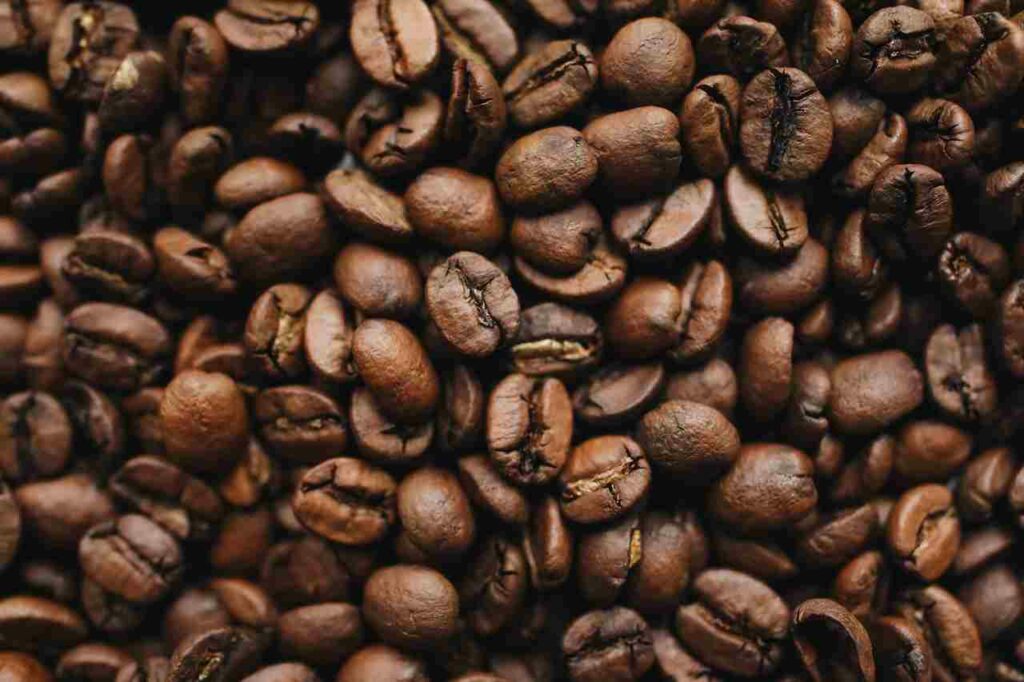
When it comes to bitter coffee, the culprit could very well be your coffee beans. This could be down to the way you store the beans, the type of beans they are, where you purchased them from, and even the packaging they come in. These are some of the key things you should look out for:
Types of Coffee
Even if you brew the perfect coffee, the type of coffee beans you use can determine how bitter your coffee will taste. That’s why it’s not only important to purchase high-quality and fresh beans, but to also purchase the right ones. If you want to avoid bitter coffee, you should steer clear of the following:
- Dark Roast
- Robusta Beans (Arabica are less bitter)
- French Roast
- Italian Roast
- Espresso Roast
Packaging for Coffee
This is an important factor and one that is not widely considered by the average coffee drinker. If you purchase your coffee beans from independent stores/roasters, make sure they always come in airtight/sealed bags. If the fresh beans you purchase are exposed to oxygen, they will start to deteriorate and become stale at a much faster rate. This leads to bitter-tasting coffee!
Storage for Coffee Beans
Similar to the previous point, if you don’t store your opened coffee correctly, it will go stale and become bitter tasting. if you purchase coffee fresh and it is sealed in an airtight bag/container, once you open the package, be sure to put the beans into an airtight storage container. The seals on the packaging are not as effective after being opened multiple times, so don’t be fooled into using the package, invest in a high-quality sealed container for your beans.
Cheap Coffee
You should always opt for high-quality, freshly roasted beans that boast enticing flavor profiles. Consider exploring local roasters or reputable online sources to ensure you have access to the freshest coffee possible. This will mean paying a little bit more for your coffee beans, but if it means avoiding a bitter brew and being able to enjoy your coffee, it’s worth it.
Grind Size
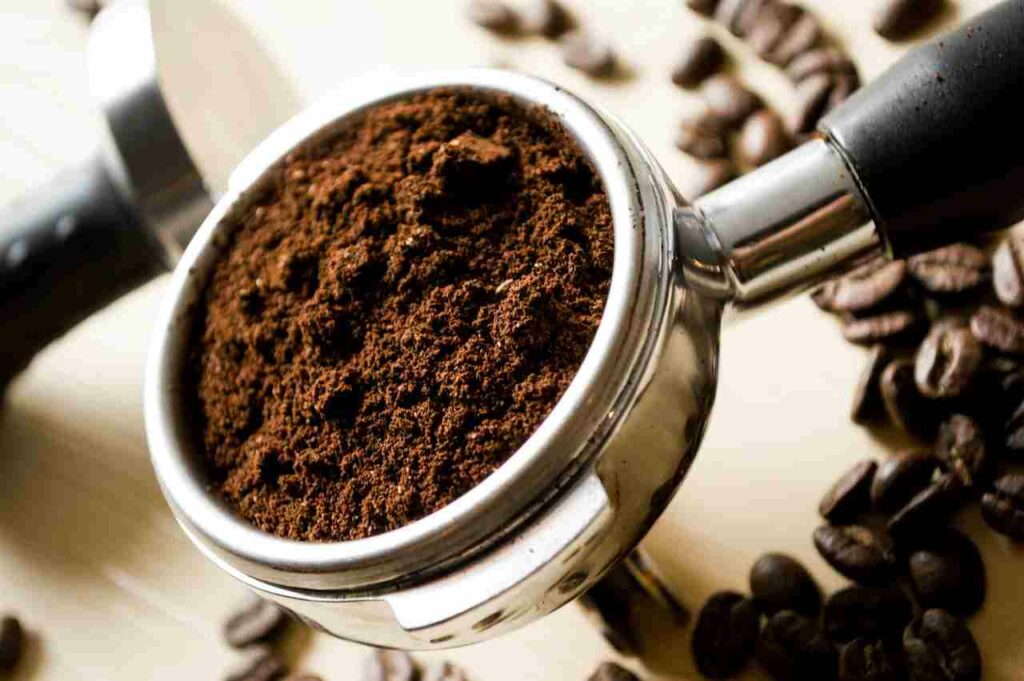
To put it simply, the finer grind of coffee you have, the more chance your coffee has of being bitter. That’s why it’s important to achieve a consistent grind – relating to the brewing method and coffee you are making. For example, if you use a French Press, a coarse grind is ideal. Of course, you might still get a bitter coffee, even if your grind size is perfect, and that could be down to one of the many other points in this article.
Remember that the larger the ground, the longer it takes to extract the coffee, so if you had a fine grind for a french press coffee, chances are it will be extremely bitter. Here are some short tips on grind size:
| Brewing Method | Ideal Grind Consistency |
|---|---|
| Pour-over | Medium-fine |
| French Press | Coarse |
| AeroPress | Medium-fine |
| Espresso | Very fine |
| Cold Brew | Coarse |
| Siphon (Vacuum Pot) | Medium |
| Moka Pot | Medium-fine |
| Single-serve Pod (e.g., Nespresso) | Medium-fine |
| Percolator | Coarse |
| Chemex | Medium-coarse |
You can also adjust these grind sizes based on personal preference but these are the recommended standards for coffee making. Discover some of our top picks for coffee grinders.
Coffee to Water Ratio
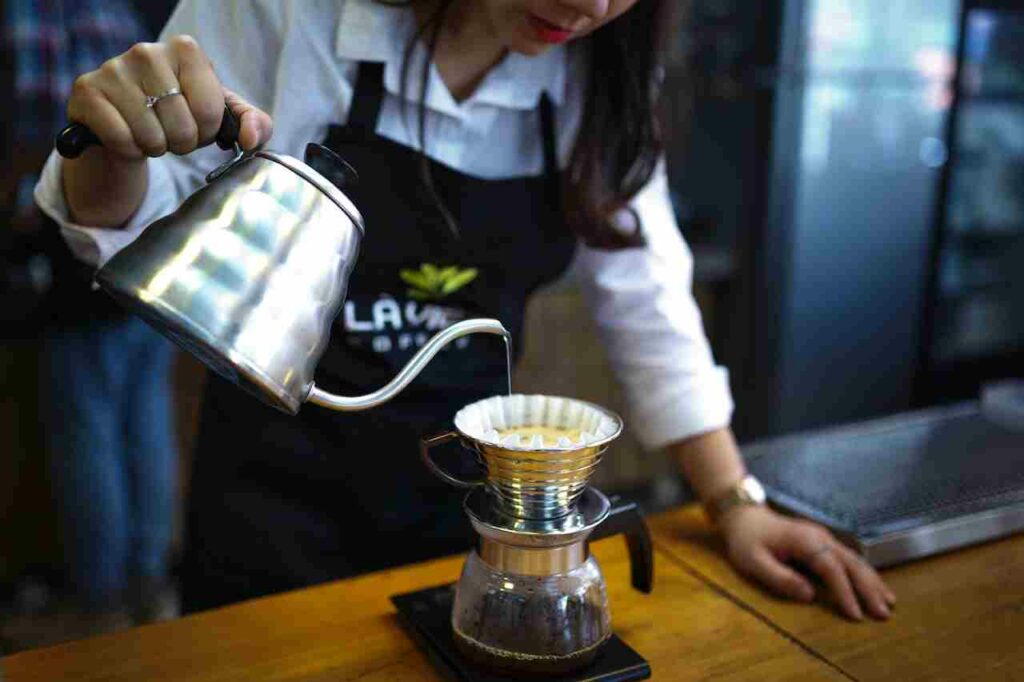
Coffee is a science and in order to get the perfect tasting cup, you must measure out everything correctly. If you just make coffee freehand without measuring, you could end up adding heaps more coffee without realizing it, causing an unbalanced ratio. In this instance, you end up with a very strong coffee and likely a very bitter one.
Similar to before, here is some guidance on the best coffee-to-water ratio. However, you can also use our coffee ratio calculator to get the perfect measure too.
| Brewing Method | Ideal Coffee-to-Water Ratio |
|---|---|
| Pour-over | 1:16 – 1:18 |
| French Press | 1:15 – 1:17 |
| AeroPress | 1:15 – 1:17 |
| Espresso | 1:1 – 1:2 |
| Cold Brew | 1:5 – 1:8 |
| Siphon (Vacuum Pot) | 1:15 – 1:17 |
| Moka Pot | 1:12 – 1:14 |
| Single-serve Pod (e.g., Nespresso) | Varies by pod |
| Percolator | 1:15 – 1:17 |
| Chemex | 1:15 – 1:17 |
Over Extraction of Coffee
Over extraction is the term used to describe when you have let the coffee grounds sit in water too long, extracting more coffee than needed for that drink type. This is more common with a french press and everyone has their own preference. We opt for 2-4 minutes for the extraction or ‘steeping’, but if you prefer a sharper and more bitter taste, you can go for longer.
If you prefer your coffee really light, opt for a lighter roast and then aim for 1-2 minutes for your coffee extraction. You can play around with times and see what works best for the taste of your brew.
Water Quality & Temperature
As we mentioned before, coffee is a science, therefore quality control and temperature play a key role in the taste of your morning Joe. The National Coffee Association actually states that water temperature for coffee should be between 195°F to 205°F. You can either purchase a cheap temperature gauge for the water or just leave the boiled water to sit for a minute or two before adding it to the coffee.
If the water temperature is too hot, you will essentially burn the grounds and produce a bitter taste. If the temperature is too cold, you can under-extract and cause the same bitter taste. So, aim for somewhere in between the 195°F to 205°F mark
Water quality is another prominent factor that can impact your brew and make it taste bitter. This is especially true with hard water (you can get cheap tests for water hardness). The best method here is to use bottled water, or at least filtered tap water. If the water is bad and contains many different minerals/chemicals, it will impact the taste of your coffee.
Coffee Equipment is Dirty
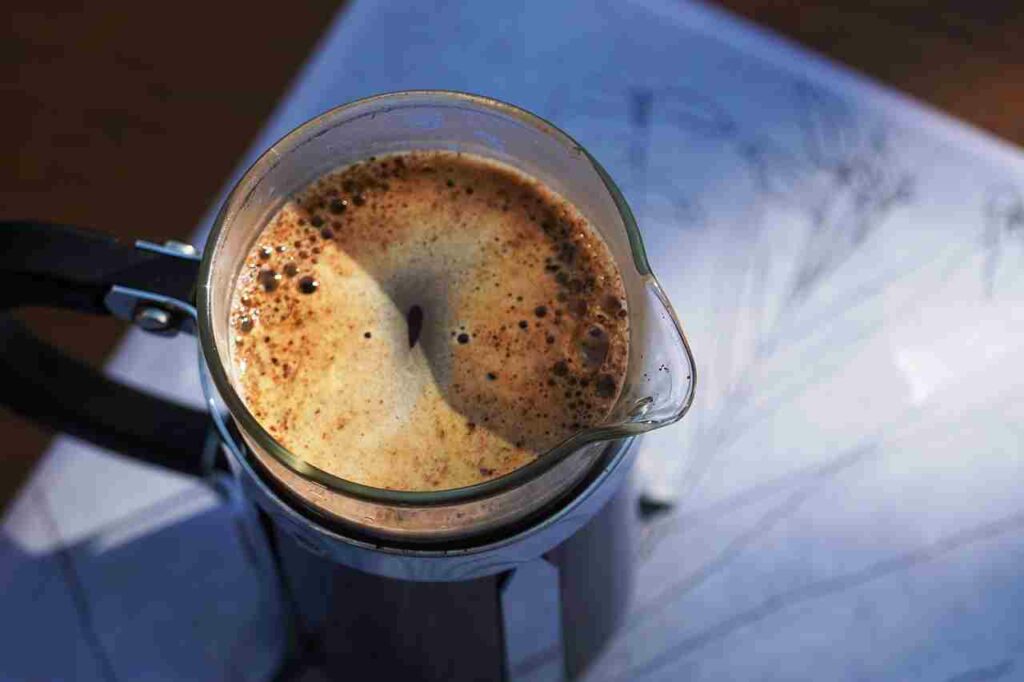
How clean is your coffee equipment? When was the last time you truly cleaned out your french press?
Dirty equipment is another huge factor in the cause of bitter-tasting coffee. Think about it, you have leftover coffee, residue from water, and anything else that might have accumulated. Once you add the next coffee and boiling water, this will mix with the leftovers and cause a very unbalanced and bitter-tasting brew.
So just like in a chemistry lab, keep all your equipment clean!
Of course, if you still find coffee bitter after doing all of these methods correctly, add some sugar or something to offset the bitter taste!
The Final Sip
As you can see, there are many factors that can affect the bitterness of coffee, some obvious and some not so obvious. So if your coffee tastes bitter, take the time and care to prepare your coffee correctly and source high-quality beans, and you will probably find a new love for coffee that you didn’t know existed.

